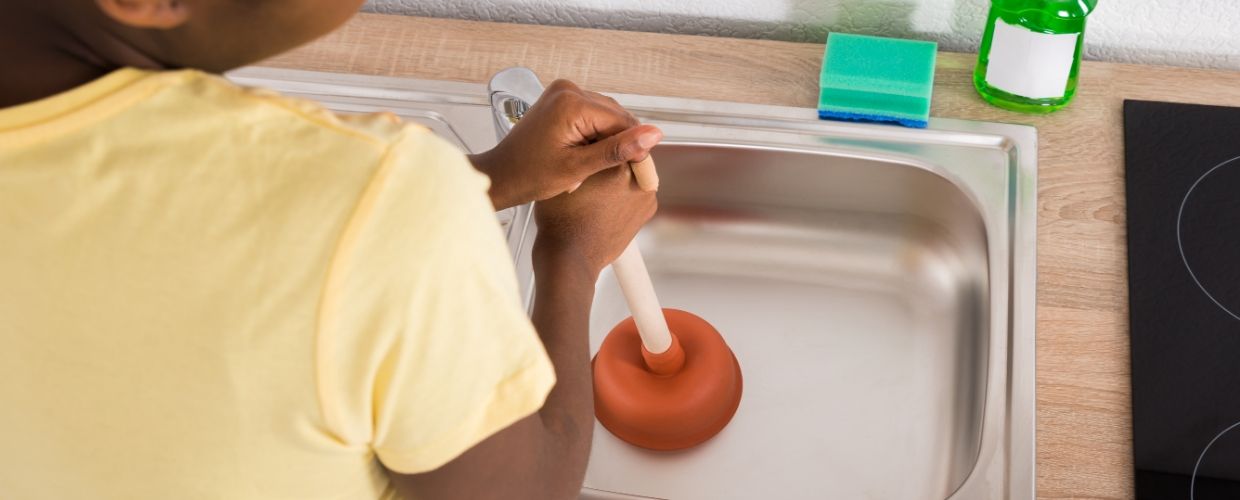 Time to take a relaxing warm shower. But the thought of taking a break as you wait for the water to drain. Coupled with the fear of water overflowing from the shower, dampens your mood.
Time to take a relaxing warm shower. But the thought of taking a break as you wait for the water to drain. Coupled with the fear of water overflowing from the shower, dampens your mood.
By now, you do know you are dealing with a clogged drain?
Though you can get more information here, in most cases, dirt, soap, and hair are the culprits.
This article will go through the various reasons why drains get clogged and fix or prevent them in the future.
Hair
From human hair to animal fur and dental floss, are some of the main causes of clogs in the bathroom, laundry, and shower drains. This stringy stuff has a common way of knotting up, mixing with soap, grease, or any other substance and attaching to the pipe. Clogs caused by hair are quite stubborn and get more information here.
Fixing/Averting
If the clog is not big, then plunging would work. Another way is to use commercially available drain cleaners. However, these cleaners can damage the pipes if used more often. It’s advisable to substitute the chemical drain cleaner by mixing vinegar and baking soda. In a ratio of 1:1.
For more stubborn clogs, use a plumber’s snake or get more information here.
As always, preventing these clogs by using a drain guard with a hair strainer saves you time and money.
Soap
The scum from the different soaps we use while bathing and laundry can easily build up in the pipes. It eventually clogs by reducing the diameter of the pipes.
Fixing/Averting.
Always clean your drain pipes using pressurized water. Using soap with no fats and any alkaline ingredients, you avoid the scum, which is the clog’s main cause.
Dirt
There is a common belief that dirt can be easily washed down the drain with no adverse effect on the drainage system. Apart from building up and causing a blockage, dirt tends to be quite stubborn when unclogging. If mixed with grease, hair, or soap.
Fixing/Averting
Plunging, using a cleaner, or calling a plumber are some of the ways to use. However, shaking any dirt off before washing can help avert the clogged drainage.
Diapers, feminine products, and wipes.
The materials used to make most feminine products easily absorb liquids and, with time, expand. The same goes for diapers and wipes. Hence they shouldn’t be flushed down a toilet or any drainage. Only human waste and toilet paper should be flushed down a toilet. At times even tissue that is quilted causes a blockage.
Fixing/Averting
If plunging fails, call a plumber. In the long run, make sure only toilet paper and human waste are flushed down the toilet.
Cat Litter
If you own a cat, do not flash down its litter. The sand, silica, and clay easily absorb water, form crumbs that can cause a major clog in your drainage systems. drainage system.
Avert this problem by putting the cat litter out with the rest of the trash.
Hair, dirt, soap, feminine products, diapers, and cat litter are just a fraction of what can cause a clog in our drainages. However, get more information here.
Nonetheless, we may not always be able to avert blocked drainages in our homes. Taking preventive measures not only saves us the effort in dealing with a blockage but the expenses involved.